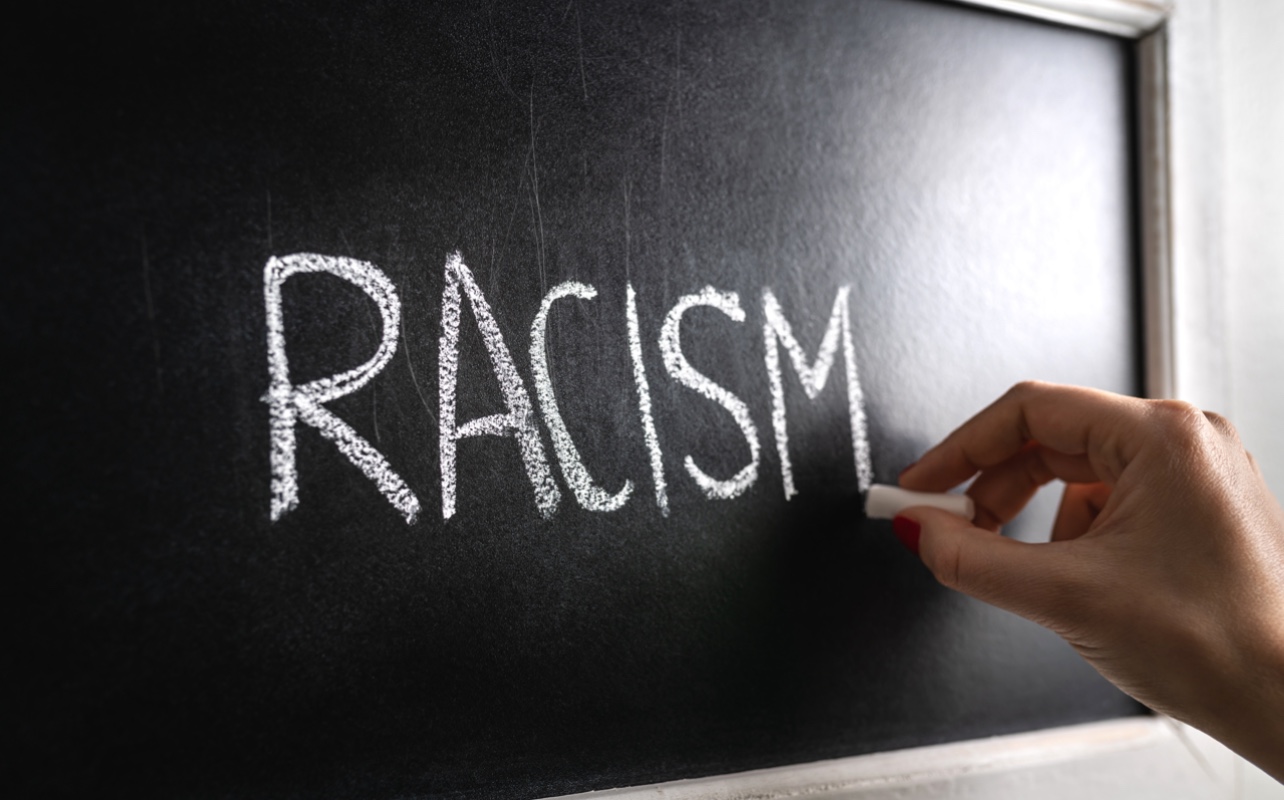
April 23, 2024
Tracie McMillan Maps Out How White People Benefit From Racism
McMillan's new book, "The White Bonus: Five Families and the Cash Value of Racism in America," traces how white people have been helped and harmed by the policies that punish Black people.
Tracie McMillan’s new book, The White Bonus: Five Families and the Cash Value of Racism in America, out now, traces how white people have been helped and harmed by policies that punished Black people.
“The ‘White bonus’ is an estimate of the money a White person gets or saves because of White supremacy, public policies, or private practice,” she told CNN in an extensive interview. “For me, this was a really humbling exercise.”
McMillan continued, “I’ve been on food stamps and had a stranger live in the bedroom of my one-bedroom apartment to save rent through those periods. But at the end of the day, my family has spent about $146,000 to help me out since I left home. That’s money they’re not required to spend by the government. That’s extra money they have.”
Despite her relatively mild privilege, McMillan received advantages that Black people did not, which set her up for success due to her race. McMillan described the advantages her family used to create wealth, which were inaccessible to many Black people at the time.
“As I dug into my family’s story, every time I started to peel back the layers, I thought, “Would grandpa have had the money if he wasn’t white?” Well, no. He became a banker around 1930, when across the whole United States, there were a quarter million bankers, and only 80 of them were Black. Then he bought a house with a racial covenant (a clause in many 20th-century property deeds that explicitly prohibited Black people from owning or occupying real estate).”
McMillan also described the American middle class as the fulcrum that leverages white advantages. “…As the project moved forward, it just became really clear to me that the middle class is really the fulcrum for White advantage in the U.S.,” she told CNN. “People in the middle class who were willing to talk to me understand how on the edge of falling into poverty they are.”
McMillan also discussed how the implementation of “colorblind” government programs were, in practice, discriminatory.
“Take the G.I. Bill (a post-World War II law that gave returning veterans free college, job training, and other benefits,)” McMillan said. “We created this benefit that, in practice, was only intended for white people. Maybe a few people of color were going to be able to access it, and it was written as if it was colorblind, but everybody understood it was going to be implemented in a way that would benefit White people and nobody else.”
McMillan also criticized how the whitewashing of American history does a disservice to the education system.
“White people today do not understand—because this history has been hidden from them by previous generations—that somebody in their family got something because they were white,” she said. “Historically, the U.S. has been a lot more honest about the fact that they are denying things to people because they are Black. But the inverse of that is also true. If you’re denying something to one group of people because of their skin color, you’re also, by default, giving it to the other group. White people do not have tools for that. This is the sort of stuff that, if we were teaching accurate history, would be part of the U.S. history curriculum, and it’s not.”